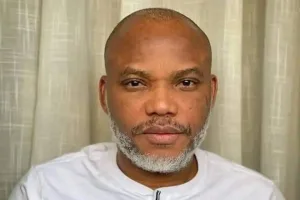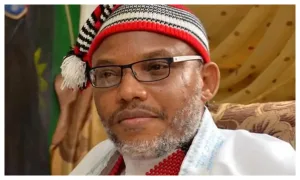Policy Alert, a prominent Civil Society Organisation, has sounded the alarm over the Ondo State Government’s purported acquisition of an unapproved foreign loan. The organisation, known for advocating fiscal and ecological justice in the Niger Delta, raised allegations that the state government obtained a N719.36 million foreign loan during the third quarter of 2023 without the requisite approval from the State House of Assembly.
In a statement issued by Faith Paulinus, the Programme Officer for Fiscal Reforms and Anti-Corruption, Policy Alert criticized the State Assembly for purportedly neglecting its responsibility. Paulinus described the state government’s actions as a concerning departure from lawful procedures.
According to Paulinus, “We could not find any records or reports indicating that the request and subsequent approval for this loan were ever discussed at plenary by the State House of Assembly. Taking loans without the approval of the State House of Assembly is illegal and a gross affront on the powers of the House of Assembly. We call on the Executive to stop this negative trend and the Ondo State House of Assembly to live up to its oversight responsibility.”
Despite this rebuke, Policy Alert commended the Ondo State Government for allocating funds to critical sectors in the state’s budget implementation for the third quarter of 2023. Notably, the organisation lauded Ondo State for leading in the prioritization of key human development sectors including health, education, water, sanitation, hygiene (WASH), and agriculture among the nine Niger Delta States.
Emphasizing the budget allocations, Policy Alert highlighted that capital releases for the educational sector amounted to N779 million, N725 million for the State Universal Basic Education Board (SUBEB), N756 million for health, N96.3 million for WASH, and N1.45 billion for agriculture. “We are impressed that attention was given to these key development sectors in capital expenditure,” stated Paulinus.
However, the organisation urged the government to prioritize capital spending over recurrent budget, noting that the expenditure pattern during the quarter showed a lopsided allocation. Paulinus highlighted that out of the N48.21 billion spent, recurrent expenditure accounted for N33.33 billion, surpassing the N14.88 billion allocated for capital expenditure by 124 percent.
“This is not a healthy approach to public expenditure management for any society that wants to grow,” Paulinus expressed.





